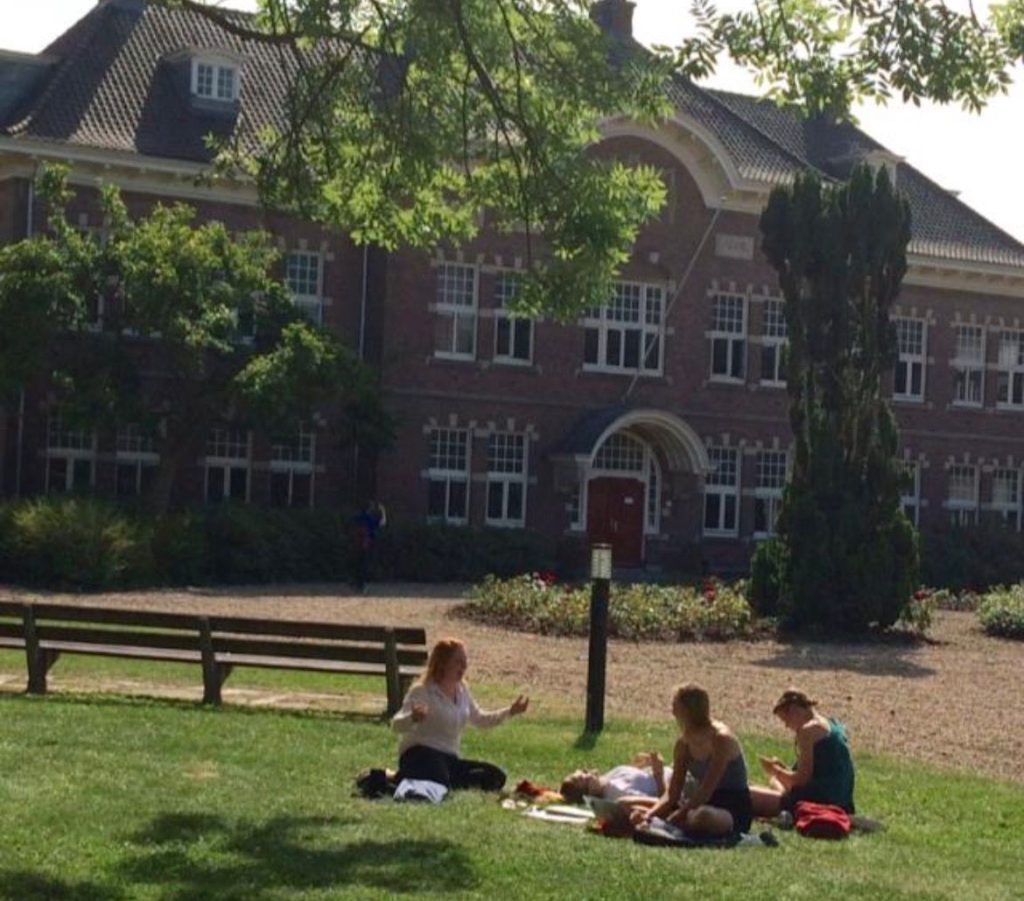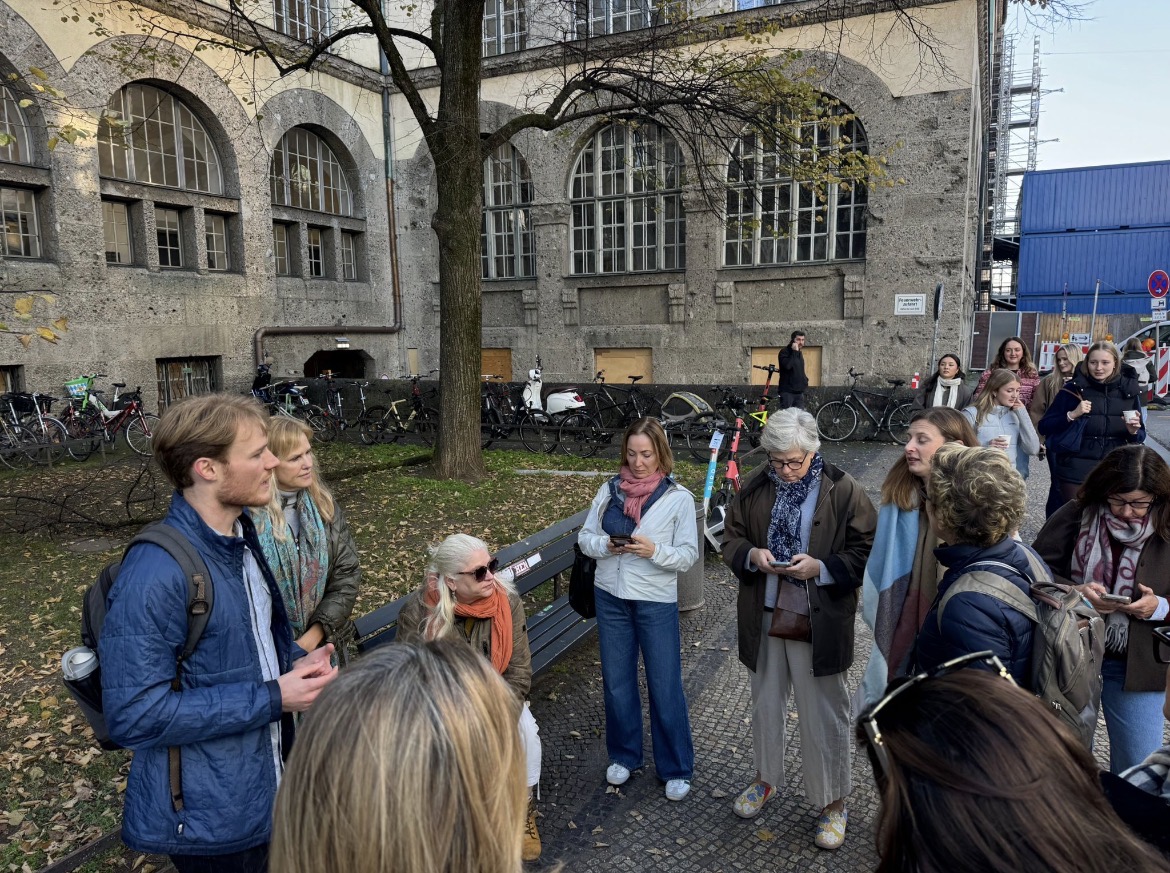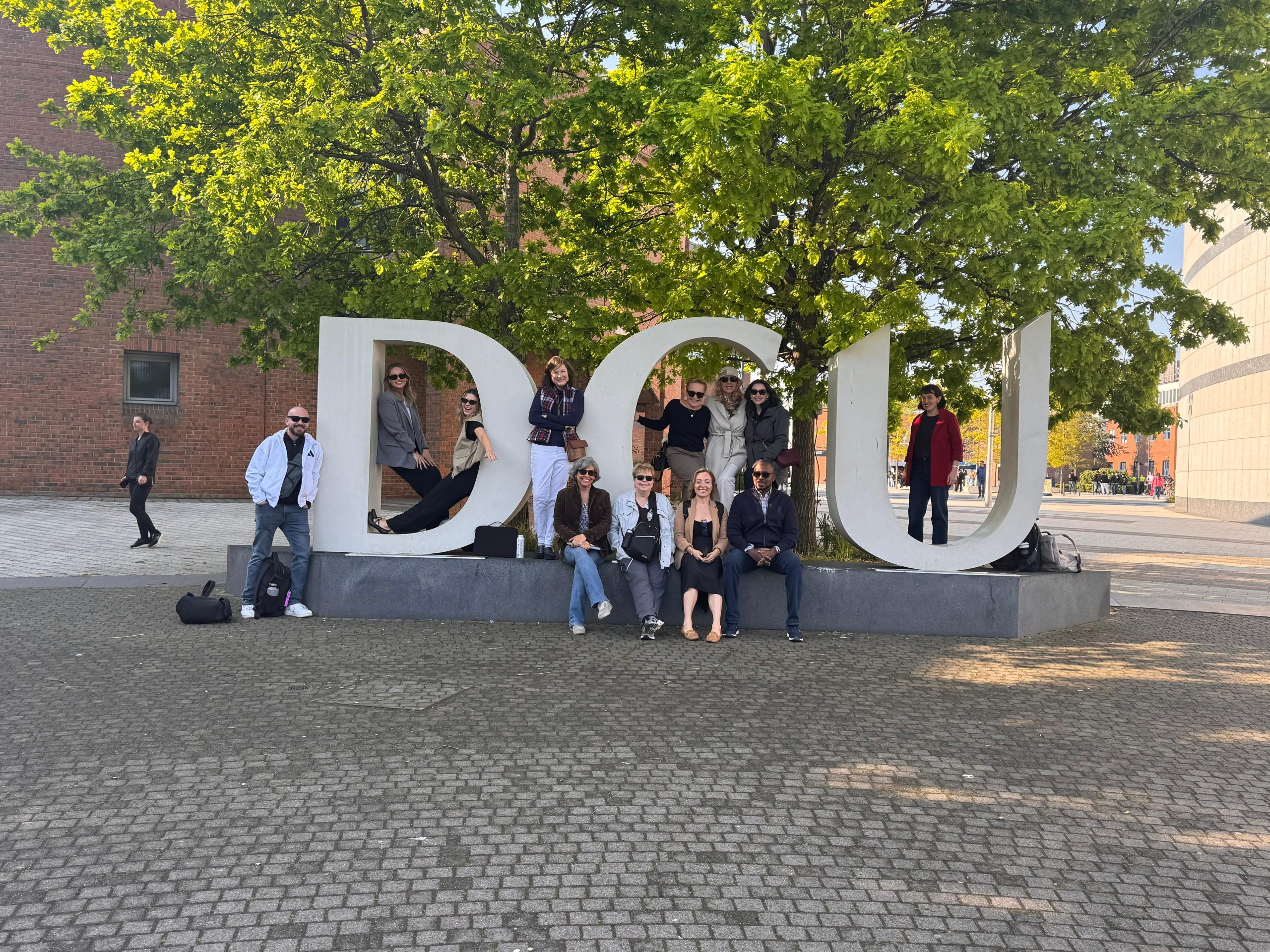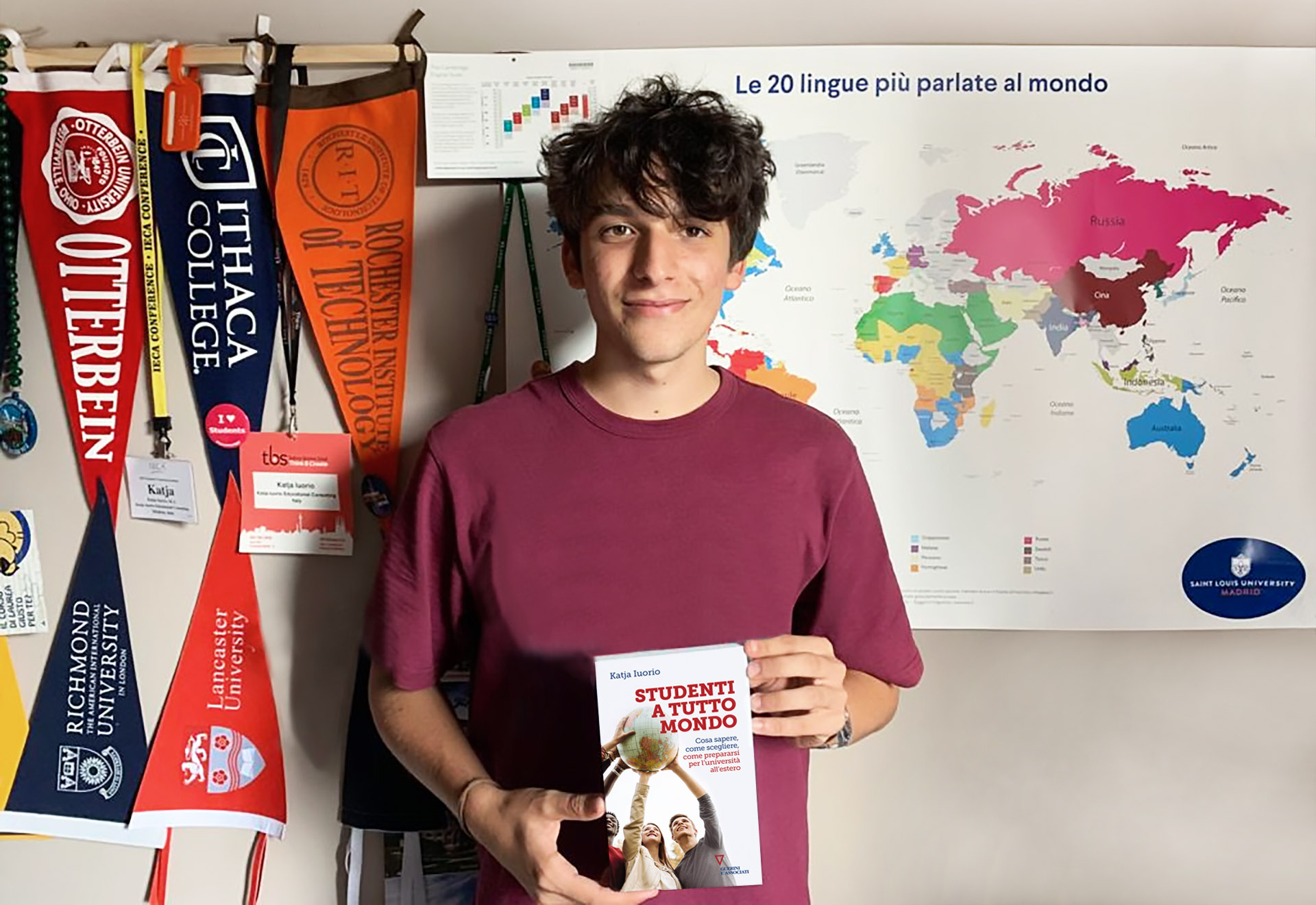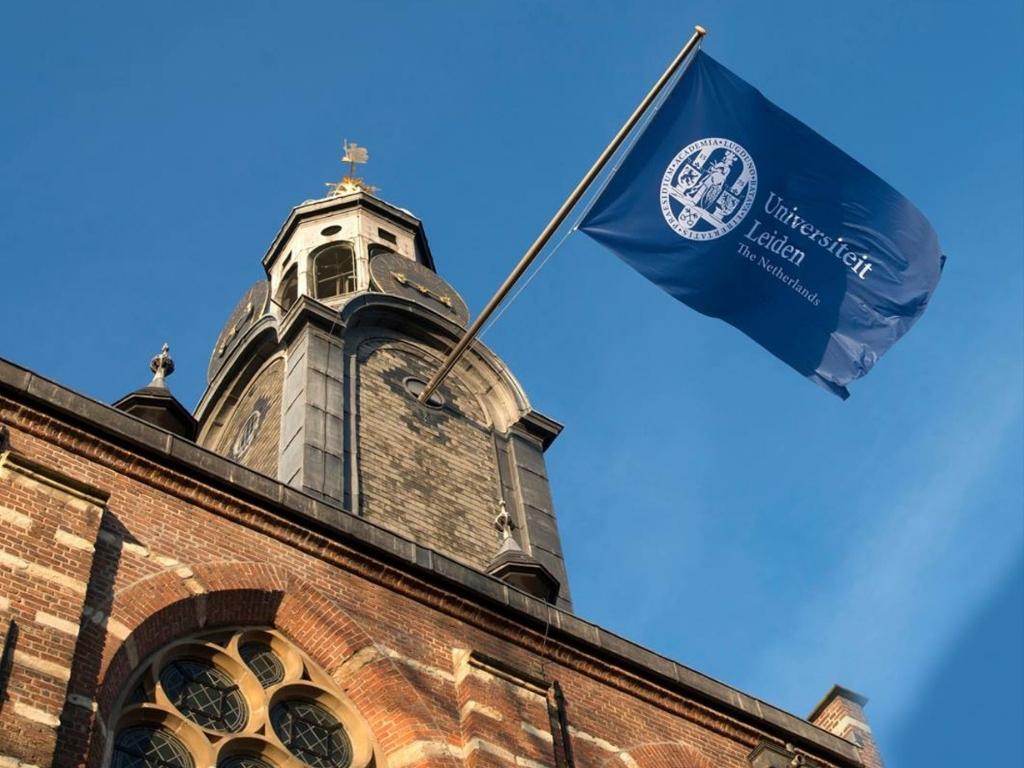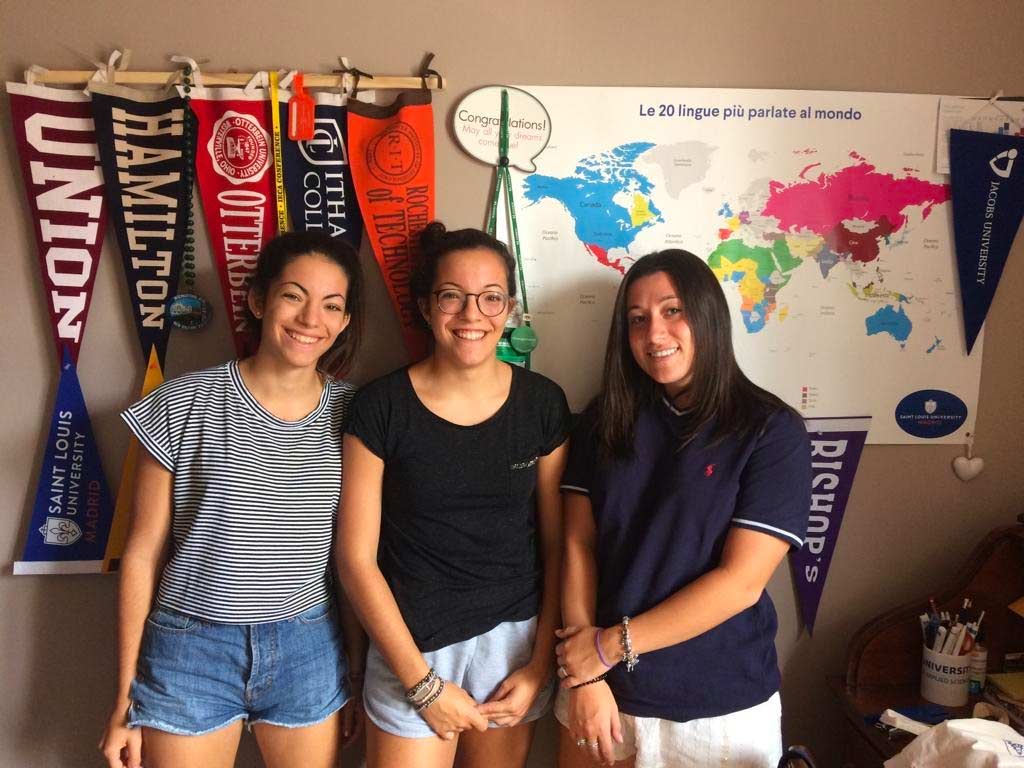Building connections for a study abroad pathway
Summary
This article offers a comprehensive guide for students starting a study abroad program, emphasizing how building connections is critical to a successful experience. The text takes students through the different stages of their journey, starting with steps to take before departure, such as using university social media and actively participating in orientation for initial integration. Once at the destination, the article provides concrete tactics for creating a social network, suggesting keeping the dorm door open, forming study groups and joining student clubs. Academically, the guide explains how to navigate the new system, interacting with professors, taking advantage of campus resources, and adapting to a critical thinking approach. Finally, the article focuses on personal well-being, emphasizing the importance of time management, accepting culture shock, and practicing gratitude to maintain mental and physical balance throughout the adventure.
At this time of year, the dream of one study abroad becomes reality for so many young people. Many of you are unpacking your bags in a room that is not your own, surrounded by unfamiliar faces and sounds, with a mixture of elation and perhaps a little fear. If you recognize yourself in this description, know that this is completely normal. The adventure you have embarked on is much more than just a change of address; it is a leap into a new academic, social, and cultural world that characterizes every study abroad journey.
How to fit in? How to orient and make friends? How to decipher the university system And set up an effective working method? These are not secondary questions, but the foundation on which you will build success and happiness in the coming months. The logistics are behind you; now the real work begins: building human, academic and personal connections.
The basic steps for building your network
The success of this venture depends largely on your ability to actively create a support network, both social and academic. This is not something that happens passively; it requires initiative and some courage. Here are some basic steps to start with, right from the start.
1. Playing it forward: connections start before you leave
Many people think integration begins the day they arrive, but it actually begins the exact moment you receive your admission letter. From that day, the university stops being a goal and becomes your future community. Taking advantage of this transition period is a strategic advantage.
- Dive into the social world (with a purpose): Almost every university has Facebook groups for "accepted students" or the "Class of 20XX." Sign up! You don't have to introduce yourself to everyone, but reading the conversations, seeing who is looking for roommates, what doubts others have, helps reduce the feeling of the unknown. Follow official campus Instagram profiles and those of student associations to get a sense of daily life. This is not "wasting time," but the first step to feeling a part of your new life of study abroad. Be careful, though: avoid comparing your inner anxiety with other people's glittering storefronts. Everyone experiences their own insecurities.
- Take advantage of orientation: whether mandatory or optional, online or in-person, orientation is a golden opportunity that should not be wasted. It is not just the time when you choose your courses or take care of the paperwork. It is a guided immersion into your new reality. You will attend sessions on academic culture, integrity and plagiarism (crucial topics), campus safety and, of course, "icebreaker" games. They may seem awkward to you, but I guarantee that from there the first familiar faces that you will happily cross paths with in the cafeteria the following week will emerge. It is your first real "entry" into the community.
2. Creating your own network: beyond the dorm room
You have arrived. The goodbyes are over. You are alone in your new room. Now what? The temptation to shut down and spend hours on video call with your lifelong friends is strong. A word of advice: hang in there. The first six weeks are crucial for laying the foundation of your new social life.
- The open door is an invitation: an ever-valid piece of advice, however simple, is to leave the door to your room open when you are inside (and not studying). It is a very powerful nonverbal signal that says, "I'm here, I'm new, I'm open to meeting people." You will meet your floor neighbors, people who are experiencing the same bewilderment and discovery as you are. Someone will lean in to ask for a piece of information, someone else to offer a cookie. Anything can grow from there.
- Classmates are allies: On the first day of class, take the initiative. Introduce yourself to those sitting next to you. Exchange contact information to create a course WhatsApp group. Suggest reviewing notes together before an exam or having coffee after class. Creating a small study group will not only help you pass exams, but also give you a human reference point within the academic environment. These people share the same interests and intellectual challenges as you.
- The club/activity fair is your treasure: each campus, at the beginning of the year, holds an extracurricular activities fair. Go there with an open mind. You will find everything: sports clubs for every level, volunteer groups, student associations (from debate clubs to film clubs), cultural groups, college newspapers. You don't have to sign up for twenty different things; in fact, that would be a mistake. Choose one or two that really interest you. Getting involved in activities is one of the most effective ways to enrich your study abroad experience and, more importantly, to find people "like you," with similar passions, outside the purely academic context.
The academic system during study abroad
Switching from the school system you are used to to that of a'foreign university can be one of the biggest shocks. You have moved from a very structured environment to one where you are in the driver's seat. Independence is exhilarating, but it requires new skills and proactivity.
- Professors are not unreachable: one of the biggest differences, especially in Anglo-Saxon systems, is the relationship with faculty. They have reception hours ("office hours") and they sincerely expect you to use them. Going to office hours is not just for those who have problems. Go to introduce yourself, to discuss an aspect of the lecture that has intrigued you, to ask for recommendations on further reading. This will not only help you understand the subject better, but it will make you visible, make you known, and show your interest. A professor can become an essential mentor and connection for future letters of recommendation or research opportunities.
- You are not alone, use resources: each university is a miniature city with a myriad of support services. Get to know them and use them. There is the writing center to help you structure essays, tutoring centers for tough subjects, academic advisors (academic advisors) to plan your course of study, and most importantly the office for international students. Asking for help is not a sign of weakness, but of intelligence and maturity. These offices exist especially for you to help you navigate the unique challenges of studying abroad.
- Critical thinking is the new rule: In college, especially abroad, you will not only be asked to learn and repeat. You will be asked to analyze, critique, compare and create original arguments supported by evidence. This shift from "knowing" to "thinking" is crucial. Participate in class discussions, even if you feel unsure or concerned about the language at first. Your perspective as an international student is unique and valuable; do not be afraid to share it.
4. The internal compass: managing time, stress and expectations
Finally, the most important connection to build is the one with yourself. In such a new and challenging environment, it is easy to lose balance, feel overwhelmed by "fear of missing out" (FOMO) and neglect your own well-being.
- Time management is your secret skill: suddenly, you will have "empty" hours between classes. It will be up to you to decide whether to use them to study, socialize, play sports, sleep or explore. Without planning, the risk is that you will arrive at the end of the day exhausted and feeling like you have accomplished nothing. Use a planner or digital calendar to create a weekly schedule that balances study, activity, sleep (never less than 7-8 hours!), exercise and free time. Managing time means managing your energy and mental well-being.
- Embrace discomfort and culture shock: Feeling a little uncomfortable, bewildered or homesick is an integral and inevitable part of the study abroad process. It is called culture shock and has several stages. Do not be discouraged. There will be moments of loneliness and confusion. Instead of fighting them, welcome them as a sign that you are growing and stepping out of your comfort zone. Remember that you are neither imposters nor experts: you are explorers, and exploration involves uncertainty.
- Practice gratitude and mindfulness: amidst the whirlwind of news, it is easy to focus on what is wrong. Train your mind to do the opposite. Take five minutes each evening to write or simply think about three positive things from the day. It can be an interesting conversation, a good meal, a discovery on campus, a small academic achievement. This simple exercise helps you stay grounded in the present and focus on the positive aspects of your incredible adventure.
Building connections requires an active role: it means stepping out of your comfort zone, being curious, smiling first, and taking the first step. It won't all happen in a day, but every little interaction is a brick you are laying to build your new home away from home. This study abroad experience will change you forever, expanding your horizons in ways you cannot even imagine now.
Be patient with yourself, be courageous and, above all, be open. Good luck with this extraordinary start.



